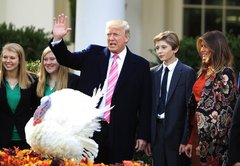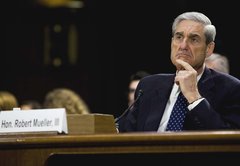Appoint a special prosecutor to investigate Hillary Clinton
Donald Trump
“I will ask, to appoint a special prosecutor. We have to investigate Hillary Clinton, and we have to investigate the investigation.”
Trump-O-Meter

Promise Broken



